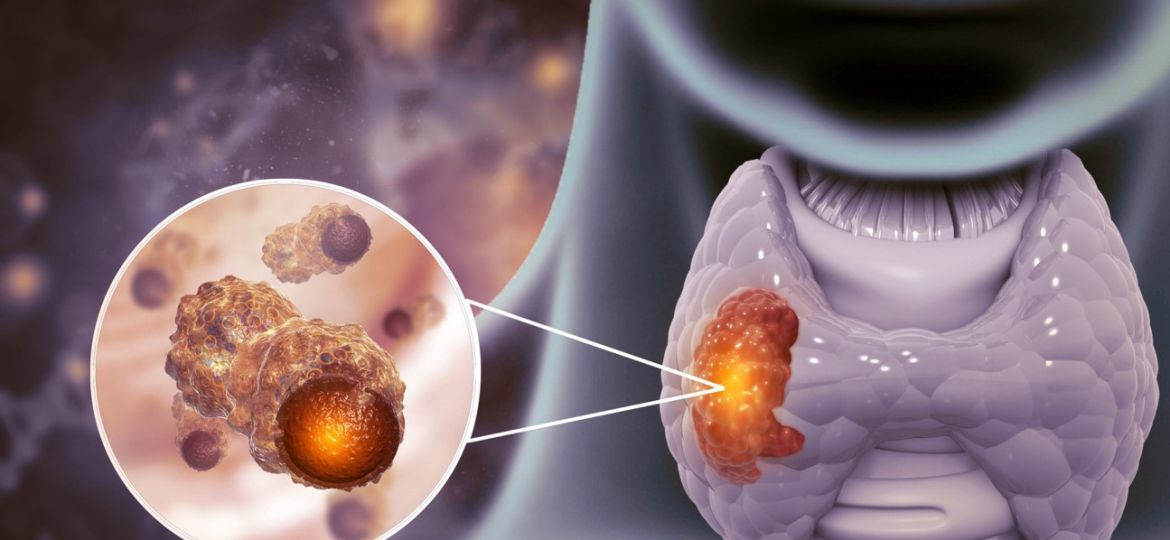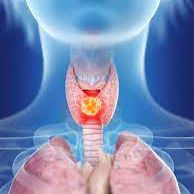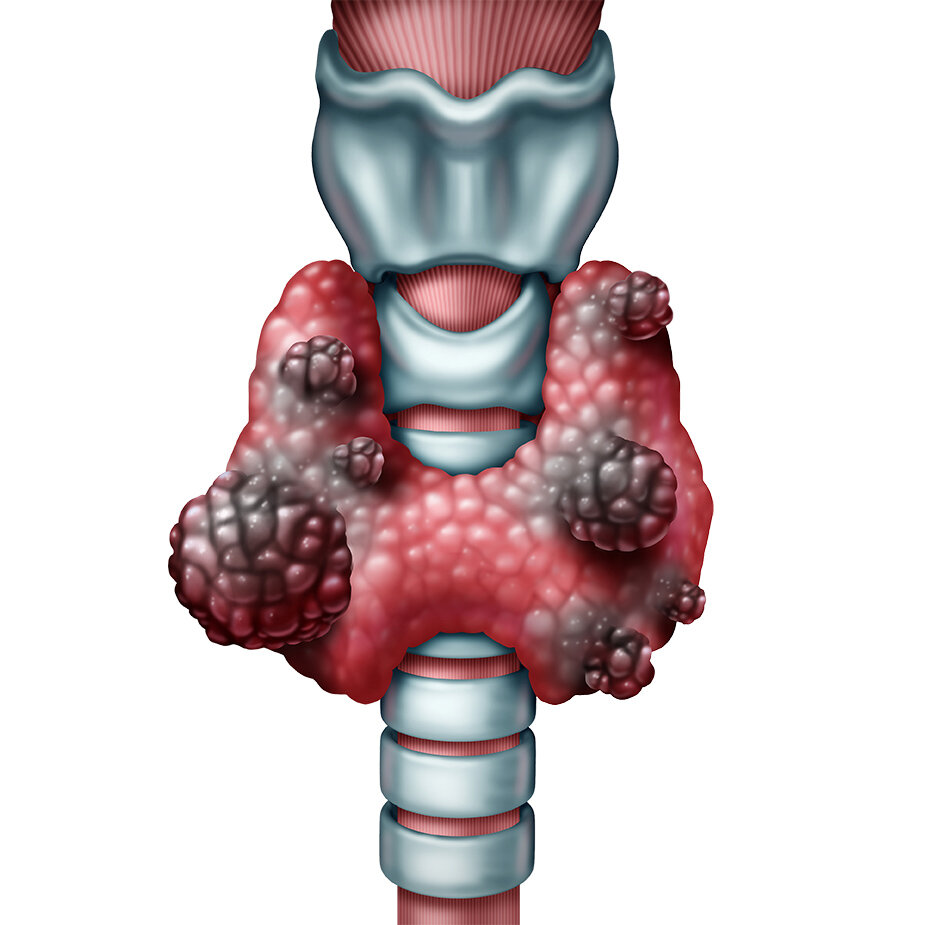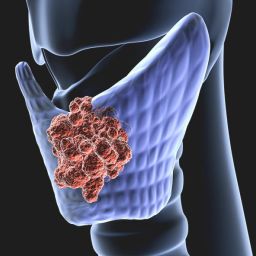
The Role of Herbal and Natural Supplements in Cancer Care
Herbal and natural supplements are often used by individuals with cancer for various reasons. Some may believe these substances have healing properties that could help them fight the disease or improve their quality of life. Others may use them to counteract the side effects of conventional cancer treatments. The main categories of natural supplements used in cancer care include:
- Antioxidants: These substances help combat oxidative stress in the body, which can be increased by cancer and cancer treatments like radiation and chemotherapy. Antioxidants, including vitamins A, C, and E, selenium, and certain herbs, are thought to support cellular health and protect against damage.
- Immune Boosters: Many cancer patients turn to herbs and supplements that are believed to enhance immune function, such as echinacea, astragalus, and medicinal mushrooms like reishi and maitake. A strengthened immune system could theoretically help the body fight cancer cells.
- Anti-inflammatory Herbs: Chronic inflammation is associated with the progression of many types of cancer, including thyroid cancer. Natural anti-inflammatory supplements, such as turmeric (curcumin) and green tea, are popular choices for patients looking to reduce inflammation and prevent cancer progression.
- Iodine: Iodine is essential for thyroid function, and some believe that supplementing with iodine could improve thyroid health. However, iodine supplementation in thyroid cancer treatment is controversial, and there are concerns about its potential effects on cancer cells.
Before diving deeper into specific herbs and supplements, it is essential to understand the significance of consulting with a healthcare provider before incorporating these substances into a treatment plan.
Why Caution Is Necessary

While many herbal and natural supplements have a long history of use in traditional medicine, it is important to approach them with caution, especially in the context of cancer treatment. Not all supplements are backed by solid clinical evidence, and some could interfere with conventional cancer therapies. Certain herbs, for instance, may interact with chemotherapy drugs or radiation therapy, altering their effectiveness or causing unwanted side effects.
Moreover, the potency and safety of natural supplements are not always guaranteed. Unlike pharmaceutical drugs, the regulation of herbal supplements is relatively loose, and there is often variability in the quality, purity, and concentration of the ingredients. This variability can complicate the process of assessing their true benefits and potential risks.
Evaluating the Effectiveness of Common Herbal and Natural Supplements
Several herbal and natural supplements are commonly used by thyroid cancer patients. Below, we will evaluate some of the most popular options based on scientific evidence and expert opinion.
1. Turmeric (Curcumin)

Turmeric, the bright yellow spice used in Indian cuisine, contains an active compound called curcumin, which is known for its anti-inflammatory, antioxidant, and potential anticancer properties. Research has suggested that curcumin may help inhibit the growth of cancer cells by affecting various molecular pathways involved in cancer development.
In thyroid cancer specifically, some studies have demonstrated that curcumin can reduce the proliferation of thyroid cancer cells, inhibit angiogenesis (the formation of new blood vessels that supply tumors), and induce apoptosis (programmed cell death). However, the evidence is still preliminary, and more clinical trials are needed to determine whether curcumin can be a useful adjunct in thyroid cancer treatment.
While curcumin appears to have some potential as a natural treatment, its bioavailability (how well it is absorbed by the body) is relatively low. Taking it in combination with black pepper, which contains piperine, can enhance absorption.
2. Green Tea Extract (EGCG)
Green tea is another popular natural remedy with numerous potential health benefits. The key active ingredient in green tea, epigallocatechin gallate (EGCG), has been extensively studied for its antioxidant, anti-inflammatory, and anticancer effects. Several laboratory and animal studies suggest that EGCG may help slow the growth of thyroid cancer cells, as well as other types of cancer, by inhibiting specific cancer-related pathways.
EGCG has also been shown to help reduce inflammation, enhance immune function, and support detoxification processes in the body. However, while the laboratory data is promising, human clinical trials are limited, and much of the research on green tea’s anticancer effects has been conducted in vitro or in animal models.
In addition to its potential role in thyroid cancer treatment, drinking green tea may offer general health benefits and act as a protective measure against other chronic diseases.
3. Iodine

Iodine is a trace element essential for the production of thyroid hormones. It is most commonly associated with thyroid health, and some believe that supplementing with iodine could help treat thyroid cancer. However, the use of iodine in thyroid cancer therapy is controversial and should be approached with care.
For most thyroid cancer patients, iodine treatment is typically used after surgery to destroy any remaining thyroid cells. This is known as radioactive iodine therapy, and it is a standard treatment for many cases of differentiated thyroid cancers, like papillary and follicular thyroid cancers. The radioactive iodine targets and kills thyroid tissue, including cancerous cells.
However, iodine supplementation in the form of iodine salts or other natural iodine-rich foods is not recommended for cancer patients unless under the supervision of a healthcare provider. Excess iodine intake could potentially stimulate cancer cell growth, especially in those with certain genetic mutations. Therefore, the use of iodine as a supplement in thyroid cancer treatment should be approached cautiously.
4. Ashwagandha
Ashwagandha, a powerful herb in Ayurvedic medicine, has gained popularity in the Western world for its adaptogenic properties, which help the body cope with stress. Ashwagandha has been researched for its potential anticancer effects, and studies suggest it may help inhibit the growth of cancer cells and promote overall well-being in cancer patients.
In thyroid cancer, ashwagandha has shown some promise in reducing oxidative stress and inflammation. Additionally, it may help support thyroid function by balancing cortisol levels, which is important for maintaining overall health during cancer treatment. However, clinical research specifically focused on ashwagandha’s effects on thyroid cancer is limited, and more studies are needed to confirm its effectiveness.
5. Medicinal Mushrooms (Reishi, Shiitake, Maitake)
Medicinal mushrooms like reishi, shiitake, and maitake have been used for centuries in traditional medicine, especially in Asia. These mushrooms contain bioactive compounds, such as polysaccharides and triterpenes, that are believed to enhance immune function, reduce inflammation, and support overall health.
In the context of thyroid cancer, studies suggest that medicinal mushrooms may enhance the immune response and inhibit cancer cell proliferation. Reishi mushrooms, in particular, have been researched for their potential to reduce the growth of cancer cells and enhance the body’s natural ability to fight cancer. However, like many other natural treatments, more high-quality human trials are needed to establish their effectiveness in thyroid cancer treatment.
6. Echinacea
Echinacea is a widely known herbal remedy that is primarily used to boost the immune system. It is believed to help prevent and treat colds, and some people use it to improve their overall health during cancer treatment. While there is limited direct evidence linking echinacea to thyroid cancer, its immune-enhancing properties may help support the body’s defenses during cancer treatment. However, patients undergoing thyroid cancer treatment should consult with their oncologist before using echinacea, as it could interact with certain medications or therapies.
Risks and Considerations
While herbal and natural supplements can offer potential benefits, they also come with risks. Some of the main concerns include:
- Interactions with Conventional Cancer Treatments: Some supplements can interfere with chemotherapy, radiation therapy, or other cancer treatments. For example, high doses of antioxidants may protect cancer cells from oxidative damage, potentially making chemotherapy less effective.
- Lack of Regulation: The natural supplement industry is not as tightly regulated as pharmaceuticals, meaning that products may vary in potency, quality, and safety. Some supplements may contain harmful additives or contaminants.
- Unproven Claims: Many herbal supplements are marketed with unproven claims about their effectiveness against cancer. Without sufficient clinical evidence, it is difficult to know whether these supplements are beneficial or harmful.
- Overuse of Certain Supplements: Excessive use of certain supplements, such as iodine or turmeric, can lead to adverse effects. For example, too much iodine can worsen thyroid dysfunction or stimulate cancer cell growth.
The use of herbal and natural supplements in thyroid cancer treatment is a topic of growing interest. While many of these supplements, such as curcumin, green tea extract, and medicinal mushrooms, show promise in laboratory studies, clinical evidence is often lacking or inconclusive. Patients interested in using natural remedies should always consult with their healthcare providers to ensure that these supplements do not interfere with their conventional cancer treatments or overall health.
The best approach to thyroid cancer treatment remains a combination of scientifically backed methods, such as surgery, radioactive iodine therapy, and thyroid hormone replacement. While herbal and natural supplements may offer some additional benefits, they should not be viewed as a replacement for traditional treatments, but rather as complementary tools for managing symptoms and supporting overall well-being during the cancer journey. Always prioritize safety, efficacy, and consultation with a healthcare provider when considering herbal and natural supplements in cancer care.




